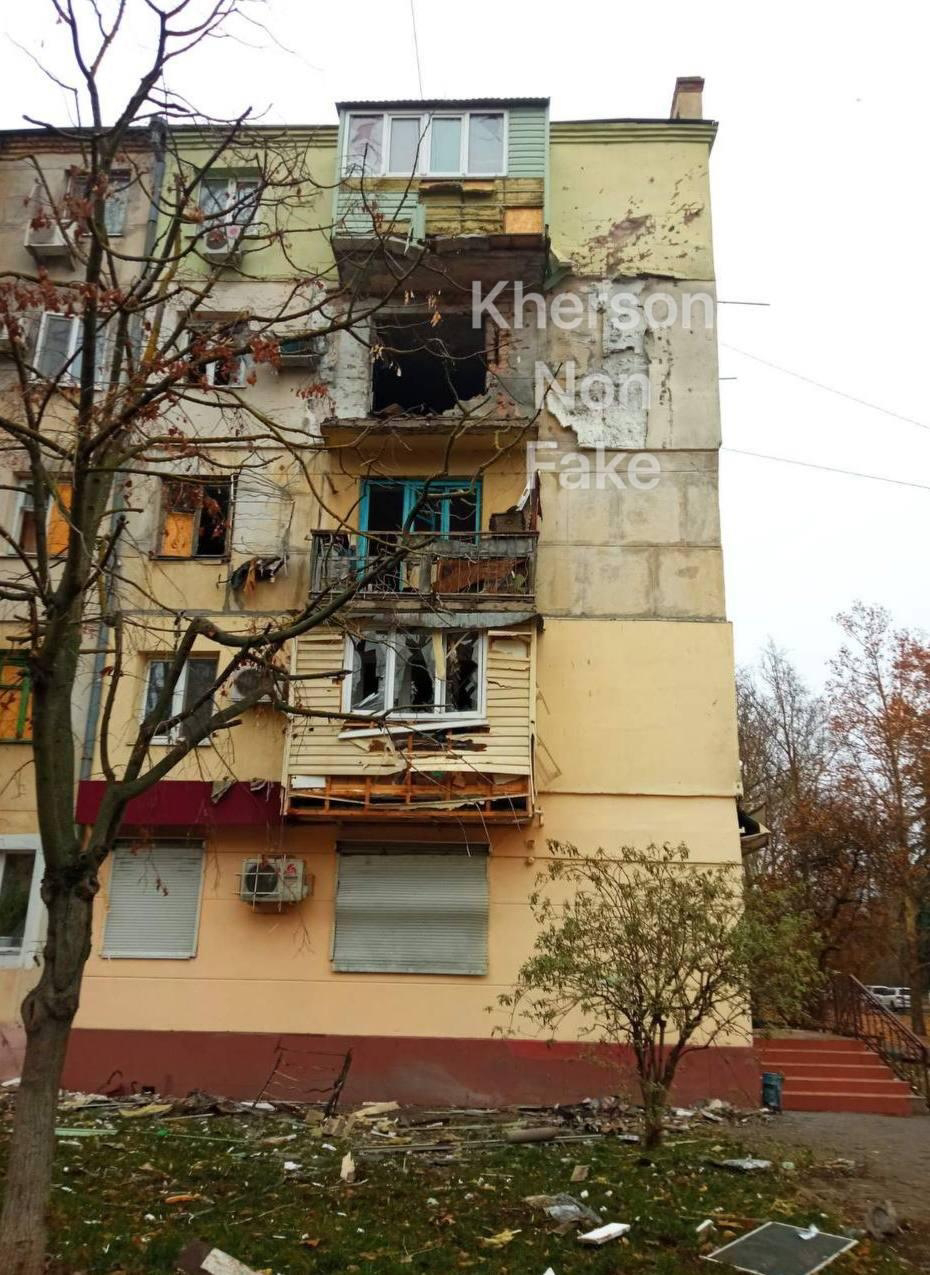A story of refugees and medical aid
The morning began with a meeting with a lawyer who is helping us with the process of extending our visas, for free. He is also part of a voluntary organisation that sends supplies to the front line.
As always, the day belonged to people and their stories. After English lessons at the UNICEF tent we met with A, who is from Kharkiv, which has been bombed, and continues to be bombed, since the beginning of the war. A and her family share a room with 3 other refugees, and they desparately want to come to England for some peace and stability. They have been waiting for a sponsor for several weeks due to the shortage of 2 bedroom accommodation, other than in rural locations.
A and her husband volunteer for an organisation that sources and delivers medical supplies, including medication, equipment and first aid kits (pouches) for soldiers. She described this as a way of forgetting the war whilst being able to help their people. She took us to look at the large building, seemingly chaotic but organised, where supplies are sorted and stored, before they are driven to whichever area they're needed most. The organisation has been going since 2014, run by a university medical professor - internal medicine - so she knows what she's talking about. She gave us a tour of the rooms where different supplies are kept. We learned the contents of a "pouch" - first aid kit for soldiers, containing such items as a good quality tourniquet, which could be the difference between life and death - and emergency rucksacks for medical personnel.
We did wonder why the Ukrainian government is not supplying all soldiers with a basic medical kit. We suspect it's simply because they can't afford it. Funding for all these items continues to be desparately needed.
In the basement, quantities of second hand wheelchairs and crutches are stored. We remarked that, in Lviv, we have never seen so many young men on crutches, either with a leg missing or in plaster. The professor noted that these men are the "lucky ones," as, due to advances in medicine, they are alive.







Comments
Post a Comment